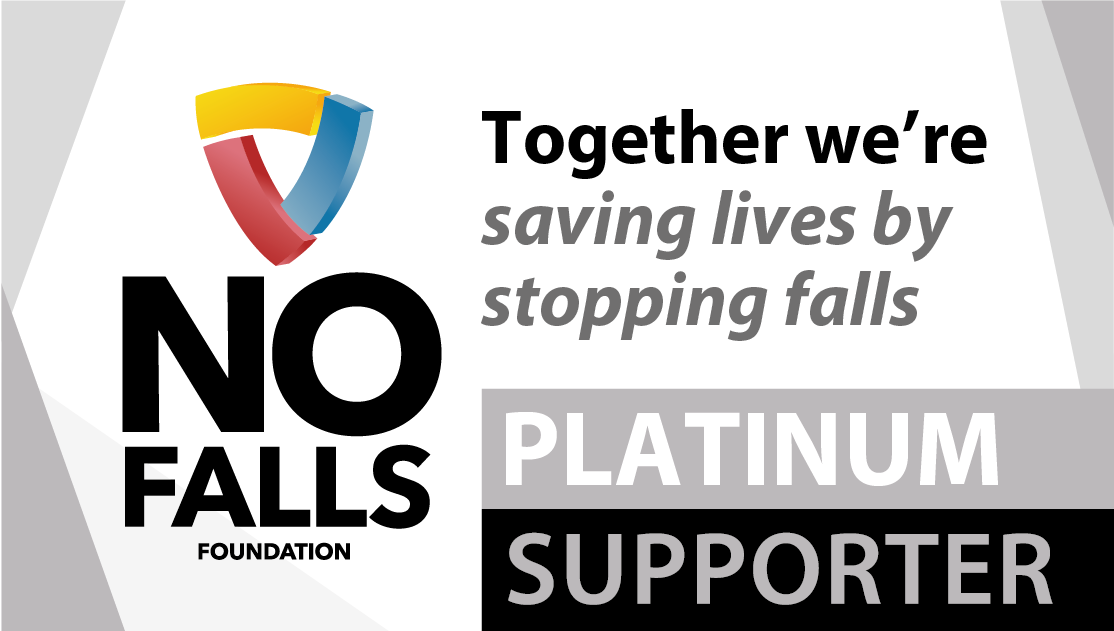Cantilever tower collapse causes worker to fall 8 metres

27/7/20 - A recent prosecution at Glasgow Sheriff Court has highlighted both the human and financial consequences when work at height is not properly planned, designed and managed.
The court heard that on 2 September 2016, an employee of JR Scaffold Services Ltd, who was erecting a tower scaffold to carry out roof repairs, fell 8 metres after the cantilever section on which he was standing collapsed. According to reports, it left him hospitalised for two weeks, with severe injuries including a collapsed lung, ruptured spleen and multiple rib and shoulder fractures. It was five months before he could return to work and he will be on daily antibiotics for the rest of his life.
An investigation by the Health and Safety Executive (HSE) found the company had correctly carried out a risk assessment and method statement before starting work. However, the tower was erected in the wrong place. Rather than dismantle and reassemble in the right place, it was decided that a cantilever section should be added, despite this not being included in the design.
The HSE identified two major errors in what followed. Firstly, there were insufficient anchor ties available on site, so the cantilever was supported by splicing the frame of the scaffold. Secondly, no ballast/counterweight was used, which meant the top section of the tower was unable to support the weight of the cantilever.
When the employee stood on the cantilever section to fit toe boards, the top section of the scaffold and cantilever section collapsed.
The company pleaded guilty to breaching Section 2 (1) of the Health and Safety at Work etc. Act 1974 and was fined £5,000, reduced from £10,000 due to the current pandemic.
In response to this prosecution, we're urging all those responsible for managing the use of mobile towers and prefabricated tower scaffolds, to take all necessary measures to protect employees' safety.
Specifically, this case highlights the consequences of making unplanned modifications to scaffold towers, which undoubtedly compromises the stability of the tower and increases the risk of incident.
When assembling a standard configuration tower, including mobile access and cantilever towers, follow the instruction manual exactly.
If you require a more complex aluminium structure to be specially designed for your project, it should be built by a PASMA Hire & Assembly member. Their membership demonstrates their commitment to meeting the highest standards in equipment, design and training. They are audited by us and employ access tower specialists who have successfully completed an intensive training course. We recommend that you use only these companies for assembly, modification or dismantling of non-standard towers.
We encourages every company involved in the hire and assembly of tower scaffolds to adopt its safety standards and become a member. The company involved in this case has not yet done so.
Commenting on the accident, the Chair of our Hire and Assembly Committee and owner of STS Access Ltd, Pete Harley said, "It is distressing to hear of another fall from height that could easily have been prevented. The incorrect positioning of the tower set off a chain of errors resulting in a serious injury. Alterations can be made to a designed structure only after consulting with the engineer and the correct equipment must always be used. This incident clearly highlights the need for planning by a competent person, as required by the Work at Height Regulations."
Gillian Rutter, our immediate Past Chairman and Director of Hire Access Ltd added, "Cantilever towers are a proven safe method of working but only when they are correctly designed and built. There is a PASMA Towers with Cantilevers training course that gives already experienced mobile access tower users the additional skills required to build these more complex tower scaffolds. However, even this training does not qualify a user to design a cantilever tower. Without question, that is the role of a qualified designer whose design plan must be followed on site without changes."
Falls from height are the leading cause of workplace fatalities and cause thousands of injuries each year, many with life-changing consequences for the victim and their families. PASMA urges anyone affected by a fall from height to contact the No Falls Foundation, the only charity dedicated to preventing falls from height and helping people affected by the consequences of a fall.



